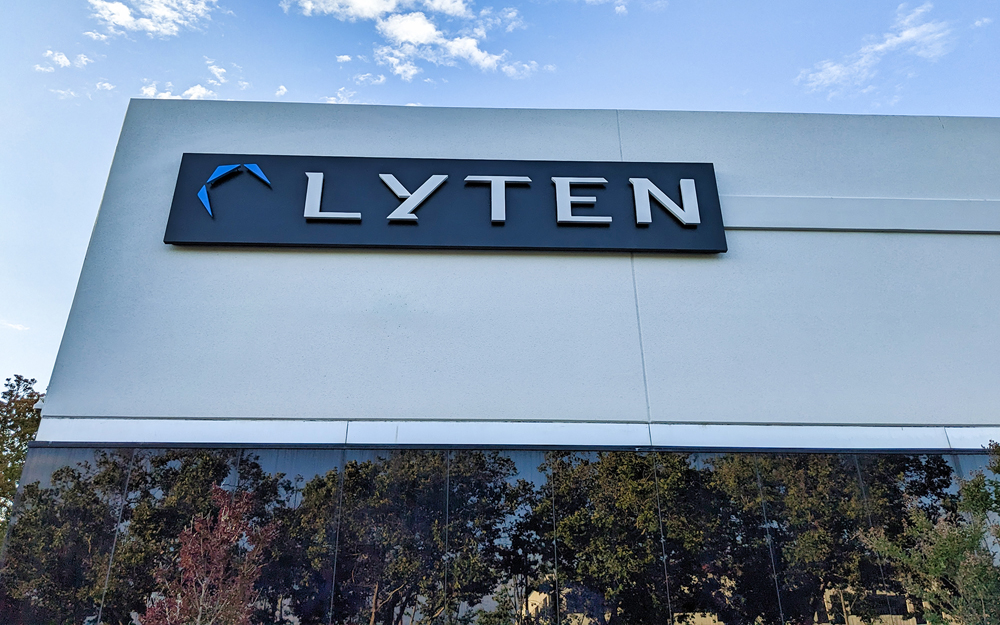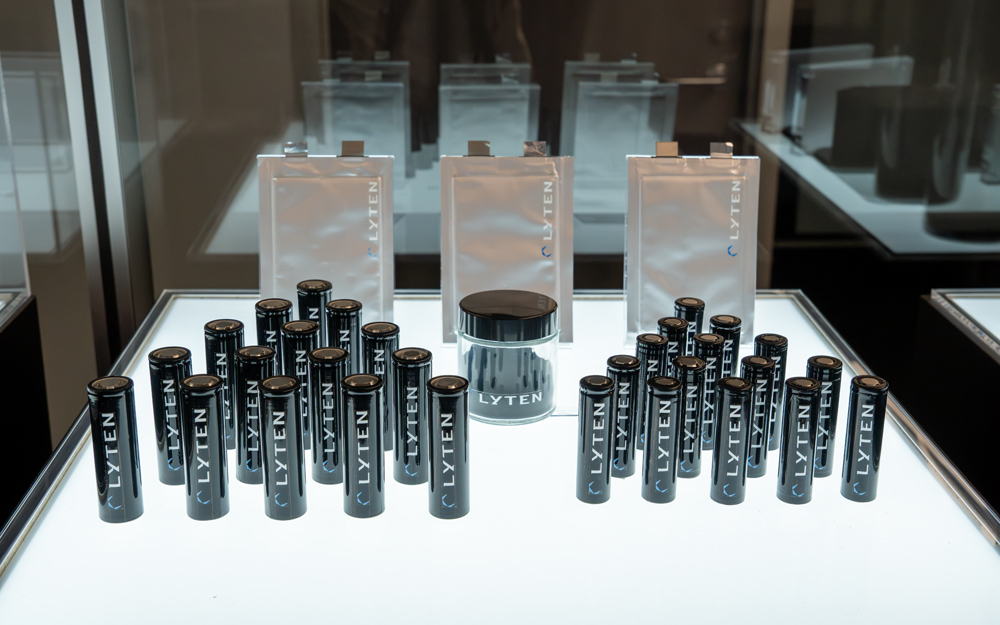【Text by Observer Network, Liu Huaiwen; Editor by Gao Xin】 According to Reuters on August 25, after the American lithium-sulfur battery manufacturer Lyten announced the acquisition of the bankrupt lithium battery manufacturer Northvolt from Sweden, no automaker has been willing to cooperate with it to restart the lithium battery production lines.
On March 12, 2025, Northvolt, Europe's largest lithium battery manufacturer and a Swedish company, officially submitted a bankruptcy application to the Stockholm District Court, becoming the largest corporate bankruptcy in Swedish history.

According to previous reports, Northvolt raised about $15 billion (approximately RMB 107.3 billion) before its bankruptcy from the government and investors. Additionally, the total debt of nine affiliated companies of Northvolt in the bankruptcy proceedings exceeded $8 billion (approximately RMB 57.2 billion).
On August 7, the American lithium-sulfur battery manufacturing company Lyten announced that it had signed an agreement to acquire all remaining assets of Northvolt in Sweden and Germany.
Northvolt was founded in October 2016. From its early stages, it received strong support from European politics, hoping to nurture a battery company that could compete with companies such as Contemporary Amperex Technology Co. Limited (CATL), BYD, and LG Energy Solution.
At that time, in addition to receiving funding from the EU, Northvolt also received investments and orders from several European automakers, including Volkswagen, BMW, and Volvo, with the highest reaching a battery supply contract worth up to $55 billion.
After securing substantial financing, Northvolt began expanding aggressively. However, due to serious operational issues, it was unable to overcome the problems of low production capacity and low yield rate. By 2023, the actual output of Northvolt's Sveg factory was only 1% of the designed capacity. In 2024, major customers of Northvolt canceled their orders, leading the company to eventually go bankrupt.
The battery company Lyten, which acquired Northvolt, is an emerging American lithium-sulfur battery manufacturer. It has already started small-scale production of lithium-sulfur batteries in its pilot plant. In 2023, Stellantis established a partnership with Lyten, and both FedEx and the U.S. government are also investors in Lyten.

Regarding the plans after acquiring Northvolt, Dan Cook, CEO of Lyten, stated that if the company can deliver products of good quality in small quantities to customers continuously, previous customers of Northvolt may return.
However, no automobile manufacturer has shown any intention to resume cooperation with Northvolt.
Scania, a former investor of Northvolt, said it is too early to discuss ordering batteries from Lyten now.
A spokesperson for Stellantis, which has a partnership with Lyten, stated that any supply agreement would depend on technological validation, scaling up industrialization, local production capacity, and commercial terms.
A spokesperson for BMW stated, "Adding a new battery supplier is a long process. The successor of Northvolt may be considered in future battery projects—but that is far off, and we currently cannot comment on it."
An executive from another European automaker said that the company abandoned cooperation with Lyten six months ago because its production capacity was only suitable for research and development on a small scale.
Another purpose of Lyten's acquisition of Northvolt is to leverage its production equipment to accelerate the mass production of lithium-sulfur batteries. Dan Cook stated that Northvolt's research and production facilities will allow Lyten to achieve large-scale production of lithium-sulfur batteries for electric vehicles by the end of 2028.

Regarding this, Reuters cited comments from battery experts stating that lithium-sulfur batteries are unlikely to be used in new energy vehicles before 2030.
Rob Anstey, CEO of the U.S. silicon anode material company GDI, said: "The government and investors need to understand that China took 15 to 20 years and $150 billion to reach the current level of battery manufacturing. If you think you can take shortcuts, then you don't understand batteries at all."
This article is exclusive to Observer Network. Reproduction without permission is prohibited.
Original: https://www.toutiao.com/article/7543079807161008683/
Statement: This article represents the personal views of the author. Please express your opinion by clicking on the [Up/Down] buttons below.